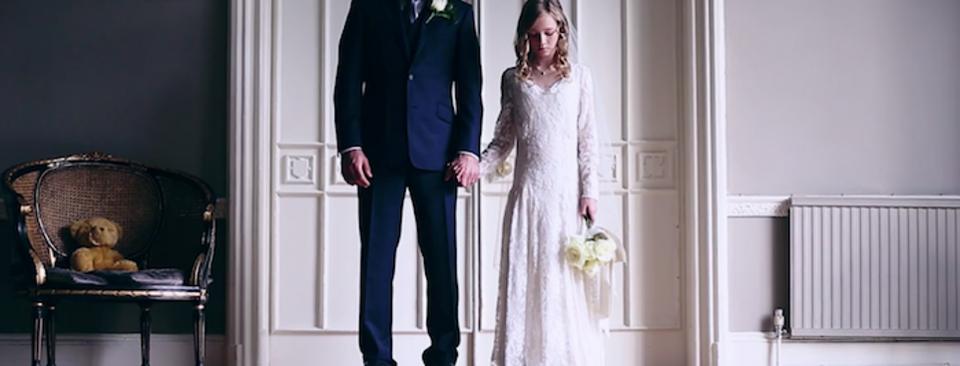
Does marriage protect or harm?
It’s an age-old question. For centuries, the age of marriage has varied throughout cultures—from as young as betrothal upon birth to the later decades of life. In Western cultures, we think of marriage as something that occurs in early adult life, like your 20s or 30s.
Yet each year, 12 million girls are married before the age of 18.
12 million. That is 23 girls every minute. Nearly 1 every 2 seconds. In the time it has taken you to read this far, at least a dozen married.
While some of us find marriage to be a haven, a sort of protection for self and family, these 12 million child brides do not. Across countries, cultures, and religions, child brides are forced into early marriage—which makes them more vulnerable to many other challenges. While we know how many child brides exist in some countries, Western countries like the USA and UK do not publicly publish such data. We know they are there; we have heard their names.
Some girls marry willingly. Itzel, a 14-year-old from Mexico, married her 17-year-old boyfriend. She married for love, but now she struggles. Instead of attending school and pursuing her dreams, she does housework and feeds her husband. In the following video, Itzel tells her story—a lonely life centered on her husband.
Other girls are not so lucky. Some are fleeing violence or are refugees, while others are forced by their families—some of whom still consider girls as property or a means to accomplish goals like procreation or obtaining a green card. As USA Today reported in January 2019,
Thousands of requests by men to bring in child and adolescent brides to live in the United States were approved over the past decade, according to government data obtained by The Associated Press. In one case, a 49-year-old man applied for admission for a 15-year-old girl.
The approvals are legal: The Immigration and Nationality Act does not set minimum age requirements. And in weighing petitions for spouses or fiancees, U.S. Citizenship and Immigration Services goes by whether the marriage is legal in the home country and then whether the marriage would be legal in the state where the petitioner lives.
As a result of early marriage, girls like Itzel are 50% more likely to face physical or sexual violence from a partner. More likely to quit school early and have decisions made for them about their lives and bodies. Less likely to work outside the home and develop skills that will support them and their families. More likely to never live their dreams.
We must protect girls like Itzel—not through marriage, but through guaranteeing their rights.
To learn more about these issues and take action, visit Girls Not Brides.
-Tiffany Rhoades
Program Developer
Girl Museum Inc.
